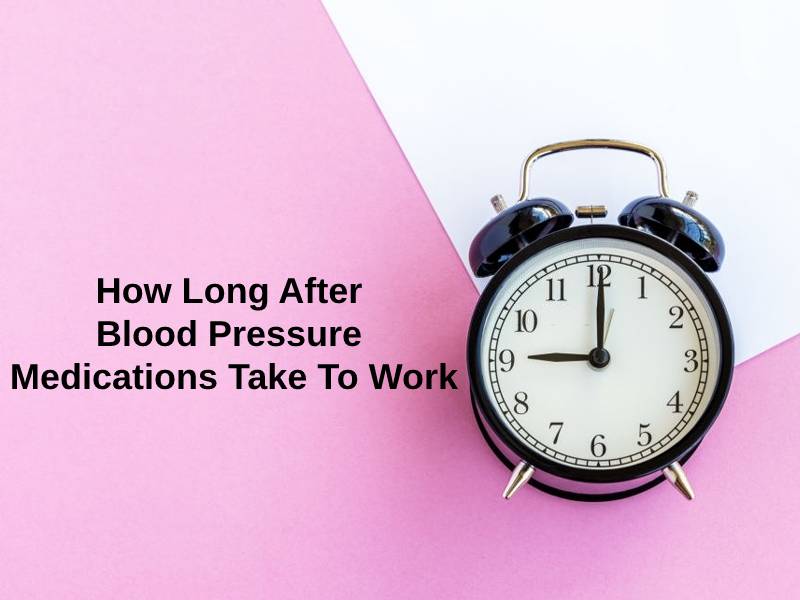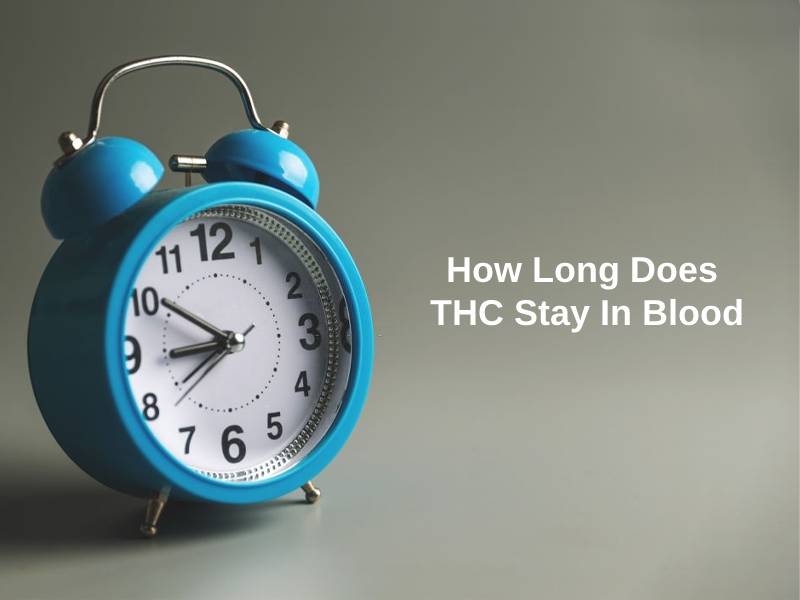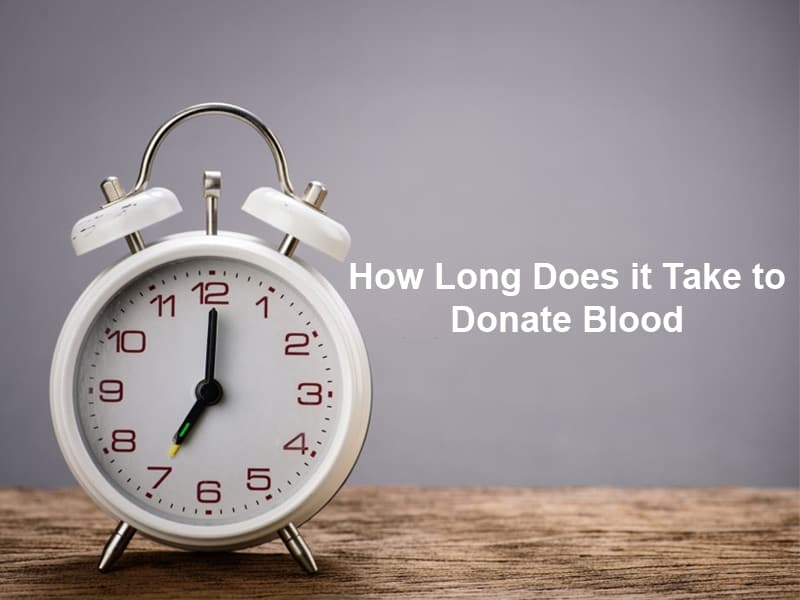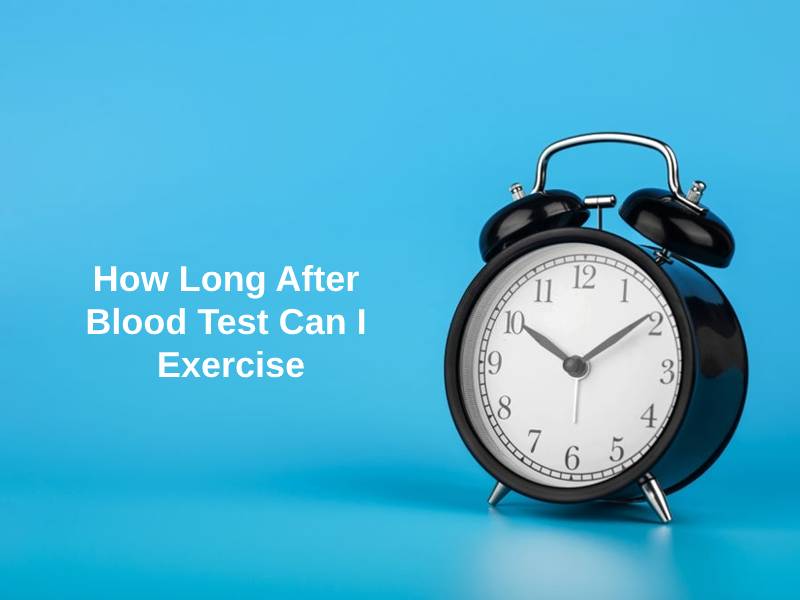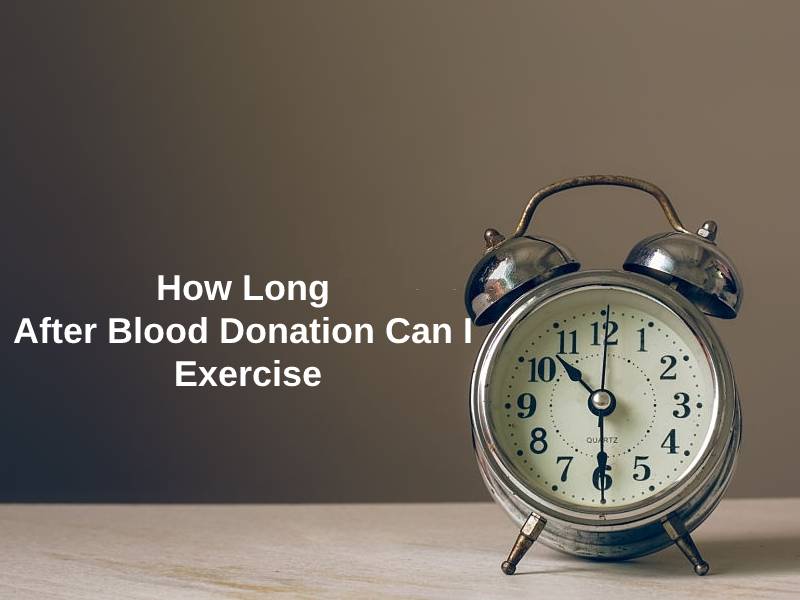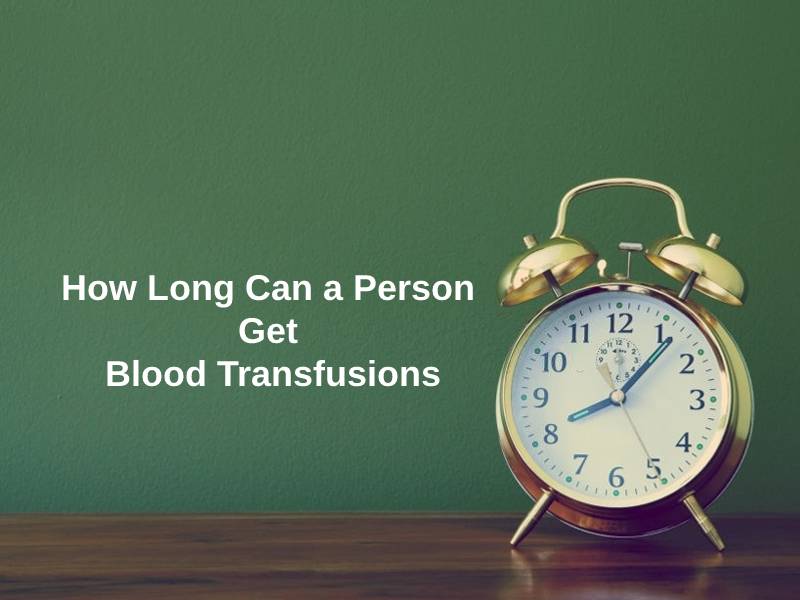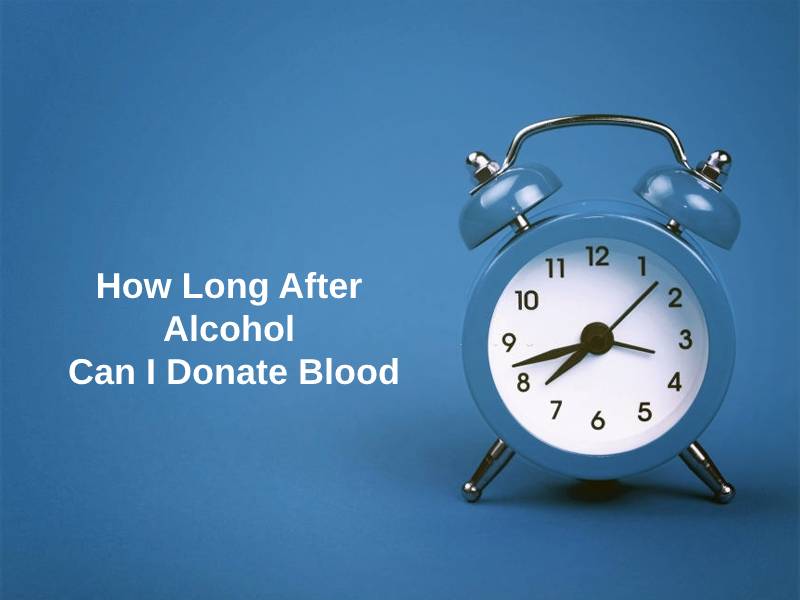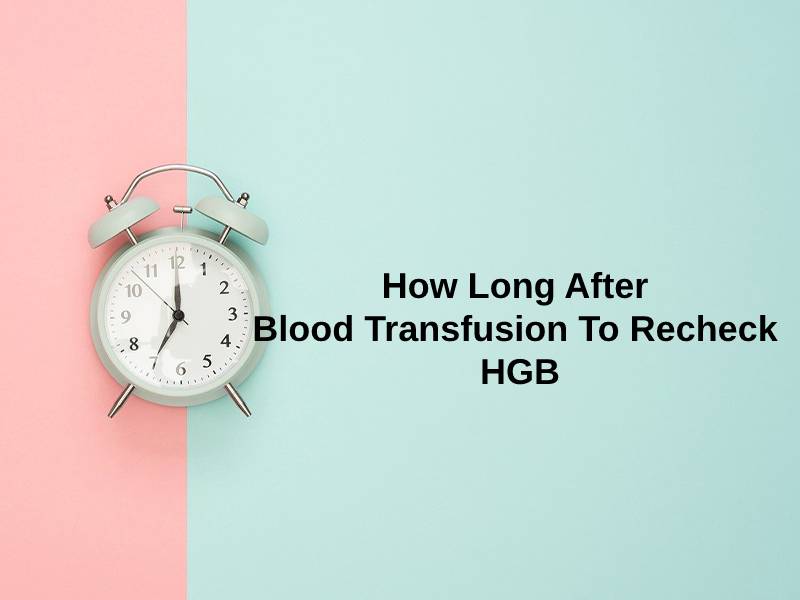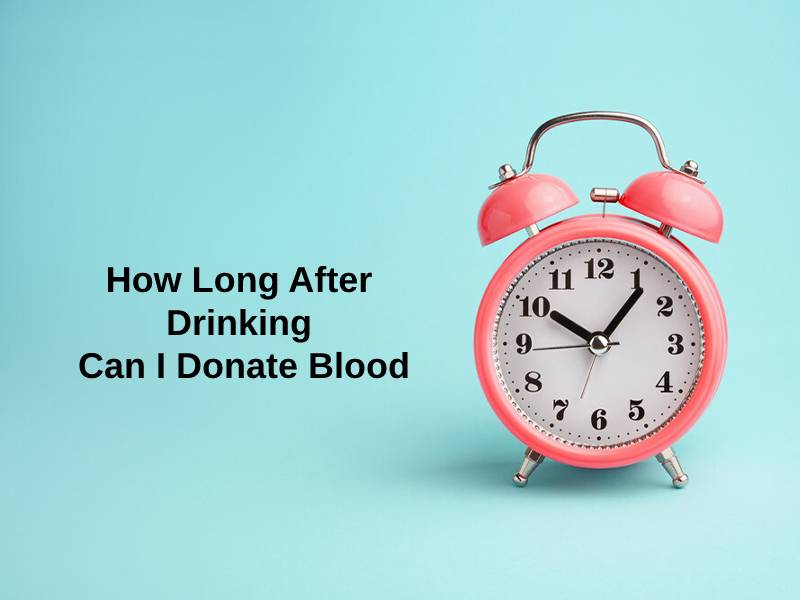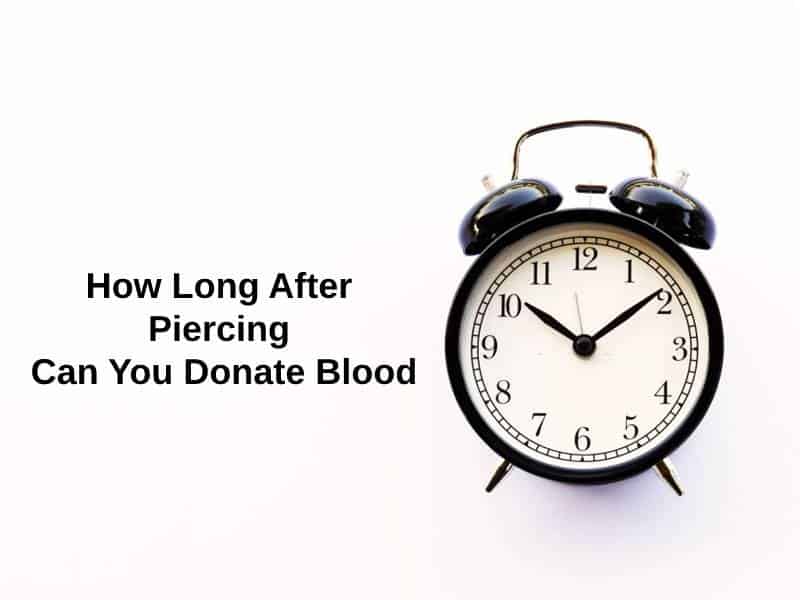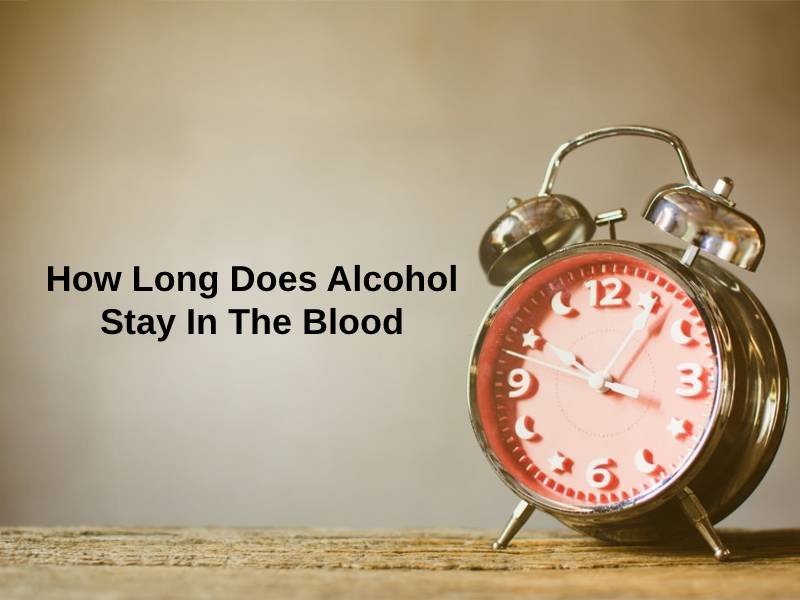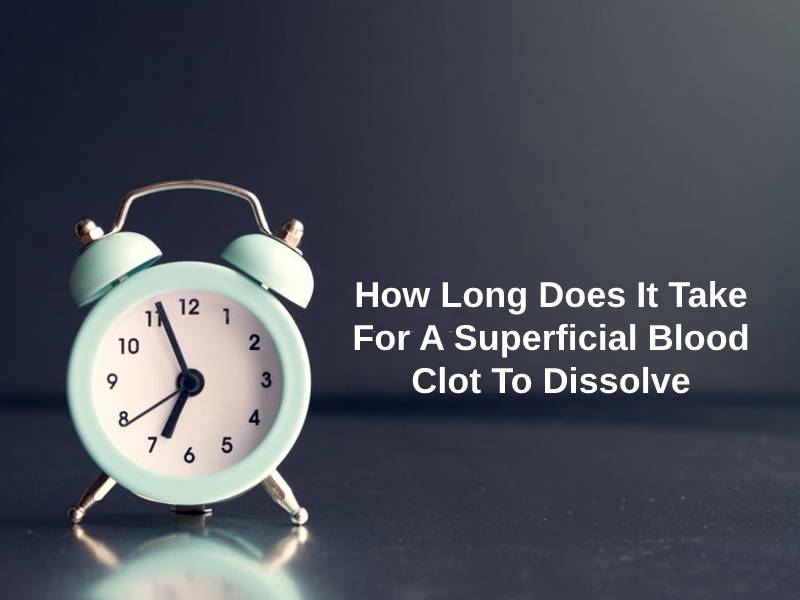Exact Answer: Within three to six hours (Approximately)
Everyone goes for a routine checkup to avoid any health problems. To be sure about the health conditions, doctors advise us to undergo blood tests. The blood test is the laboratory analysis of the blood sample. The blood for the test is drawn from the veins in the arms through a needle. It helps the doctors to detect any disease or changes happening in the body. Some bloodborne diseases are malaria, syphilis, brucellosis, hepatitis B, Hepatitis C, etc. that is why it is crucial to maintain blood in our body.
Blood tests tell us about how well the organs such as kidneys and liver are working. It helps in the treatment of various diseases and to know how effective are the medicines. Blood tests also give information about the risk factors of heart diseases and also about the blood count. It is not very painful, similar to an ant bite.
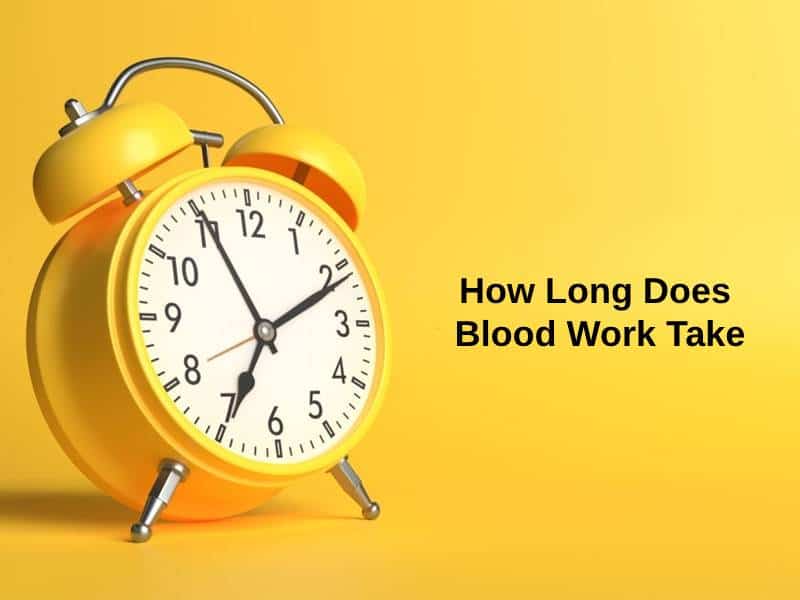
How Long Does Blood Work Take?
Blood consist of mainly four components. The four components are plasma, red blood cells, white blood cells, and platelets. In general, the duration of blood work is about three to six hours. However, the time may vary from several hours to sometimes several weeks depending on the type of the tests and some other factors.
Blood tests are of different types. Some blood tests are CBC ( a complete blood count), basic metabolic panel, lipid panel, blood chemistry tests, blood enzymes tests, etc. Different blood tests take varying times to give results. The variation in the time is because of the unlike procedures and techniques. The factors that can affect the test reports are fasting, infections, medicines, some foods, intense physical activities, etc.
The complete blood count test tells the count of various components of blood that can help diagnose health issues like fatigue, weakness, anemia, malaria, and some infections. The basic metabolic panel test tells about various chemicals in the body such as glucose, sodium, potassium, etc. And the lipid panel is for fat and cholesterol concentration in the body.
| How long does | Duration |
| Complete blood count take | about 6 to 8 hours or sometimes 24 hours |
| Basic metabolic panel | within 24 hours |
| Complete metabolic panel | between one to three days |
| Lipid panel | within 24 hours |
Why Does Blood Work Take So Long?
All blood tests do not take much time. The time varies from test to test and also on the conditions. The delayed results are because some tests get done in s few laboratories and require rare constraints. The blood tests require a systematic approach, experts involvement, advanced and effective technology, etc. It is a crucial analysis, and the results need to be accurate for effective treatment.
Initially, the blood is drawn from the veins in our arms by the phlebotomist. After this, the sample then is sent to the lab for further process. There are various models of test machines for blood tests such as differential type, type of blood analyzer, operation mode, etc.
Sometimes, the results get delayed due to inadequate blood samples or if it gets contaminated. Often, blood cells also get destroyed before reaching the lab. Some tests have requirements to be fulfilled before the test, like one of the tests requiring eight hours of fasting before the blood test.
Conclusion
Blood is essential for us to be alive as it carries oxygen and nutrients to various organs and parts of the body. It also takes carbon dioxide and waste materials to respective excretory organs to be eliminated from the body. Blood tests are done on the doctor’s advice and after a particular interval.
Blood tests are of various types. The test chosen is according to the health requirement and conditions. Accurate blood results are very crucial to treat any infection or disease. The blood sample process takes only about five to ten minutes. Based on routine checkups and doctor’s prescriptions, one should undergo a blood test once a year to know the health status.

